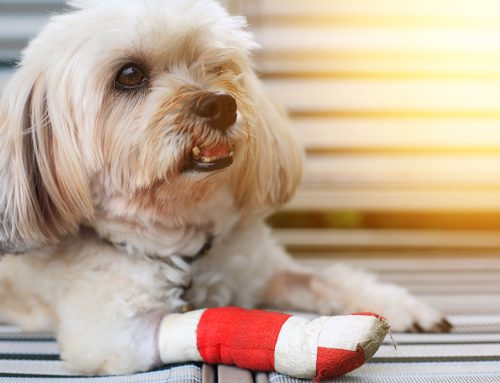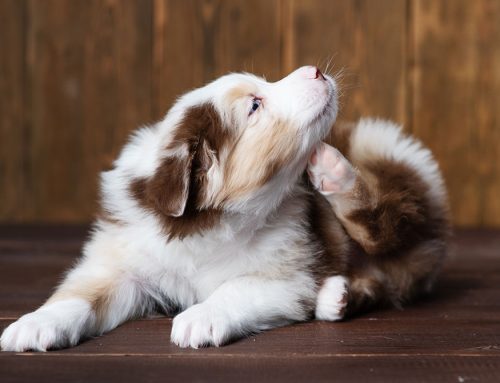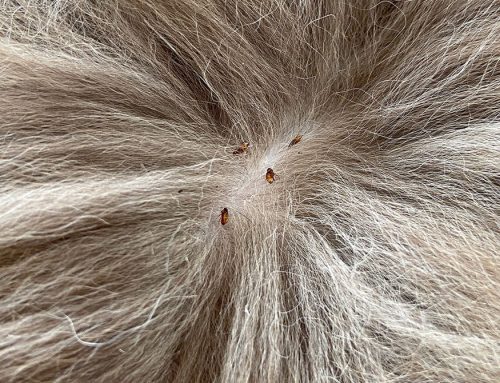The veterinary profession has made huge strides and advances in patient care. So much can be done today to make the anesthetic procedure safer, the surgical procedure less painful, and your pet more comfortable. The No.1 priority should always be the health and well-being of your pet. Whenever your pet is having surgery, dentistry, or any other procedure requiring general anesthesia, it is natural to be concerned and apprehensive. Being aware of the considerations and precautions that we feel are important to the health and well-being of your pet can be assuring. The following questions and statements address these issues:
Veterinarian/Client and Veterinarian/Patient Bond
Will the attending veterinarian address your concerns regarding the health status of your pet?
Will the attending veterinarian and staff have a sincere concern for your pet?
Preanesthetic Physical
Will your pet receive a complete physical exam prior to the anesthetic and surgical procedure?
Preanesthetic Diagnostics
The function of many vital organs, such as kidneys, heart, and liver, cannot be assessed with only a physical exam. Will a blood profile, an ECG, and other indicated tests be performed prior to anesthesia to determine the health status of your pet? Will the tests be comprehensive and consistent with tests recommended for the age of your pet?
Anesthetic Procedure
Will your veterinarian explain the anesthetic protocol and will the protocol be consistent with currently recommended procedures of board certified veterinary anesthesiologists? Will an IV catheter be placed during all anesthetic procedures allowing ready access to the blood stream in the event that an emergency would occur? Will special precautions be taken if an unexpected medical concern is determined?
Will qualified and experienced certified veterinary technicians be on staff? Will all members of the staff have kind and compassionate pet care qualities? Will policies and procedures be established to assure that your pet is monitored until completely recovered?
Will the anesthesia equipment be modern and well maintained? Will an anesthesia technician regularly inspect the anesthetic equipment to assure proper function and calibration? Because the reflex to breathe is suppressed during anesthesia, will a ventilator be used to properly inflate your pet’s lungs throughout anesthesia to assure adequate oxygenation?
Will necessary monitoring systems be in place to constantly monitor your pet’s health status during anesthesia? Monitoring systems are those which monitor blood pressure, EKG, pulse oximetry, core body temperature, and heart rate. These systems enable the attending doctors and technicians to immediately know if any of these values become abnormal.
Will appropriate measures be taken during the anesthetic and recovery period to adequately maintain your pet’s body temperature? For example, are circulating heated water blankets, heating pads, protective coverings, and absorbent comfortable bedding used until recovery is complete?
Dental or Surgical Procedure
Will the procedure be performed by qualified and experienced personnel? Will procedures be performed in a sterile manner? Will state-of-the-art equipment be utilized (Laser)? Will technically sound, safe, and pain reducing techniques be utilized?
Pain Control
Pets cannot express the extent of their discomfort or pain. The Veterinarian’s Oath states that the veterinary profession solemnly swears to use their scientific knowledge and skills for the relief of animal suffering. Will your pet receive the benefit of the latest advances in pain control medications administered before, during, and after the surgical procedure?
Post Operative Care
Will your pet receive the necessary post operative care? If complications develop pertaining to the procedure, will your pet be re-evaluated and treated at no further cost for professional services?
State of the Facility
Will the facility maintain proper cleansing and disinfecting procedures? Will your pet be kenneled in a well-padded and clean kennel and be observed closely?
Continuous Education
Will the veterinarians, certified veterinary technicians, veterinary assistants, and receptionists regularly attend continuing education meetings to stay abreast of current techniques, medications, equipment, and methods to better serve you and your pet?
Are all of these considerations and precautions necessary?
Yes! Some pets, even healthy appearing and young animals, will sometimes have a serious underlying disease, may react adversely to drugs used during anesthesia, or will require special attention to safely undergo the surgical or dental procedure. All pets will experience some degree of pain depending upon the pet’s pain threshold and the procedure. The above precautions can dramatically reduce the possibility of any life-threatening emergency or complication and can reduce the degree of pain your pet may experience when a surgical or dental procedure is performed. Therefore, we, at the Greendale Village Vet, have taken the position that the described considerations and precautions are necessary and will be performed.
We take great pride in being able to answer yes to these questions. We have made this information available to help you have a greater understanding of the services we provide and of the services you should expect.








Leave A Comment